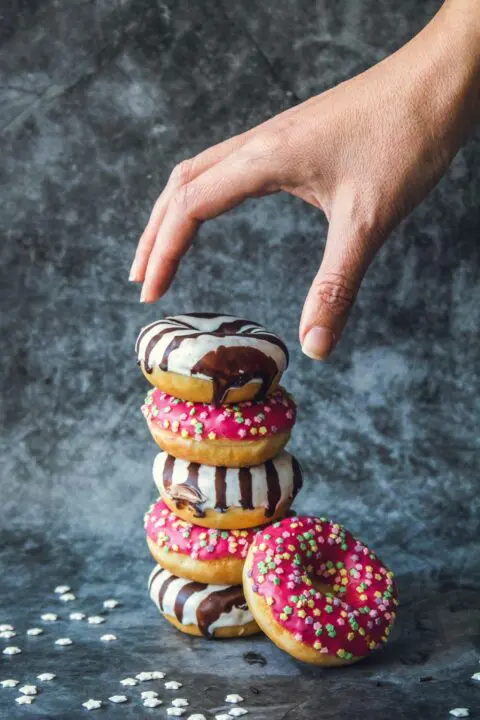The relationship between diet and acne has been debated for years. Many people wonder if certain foods, like chocolate, can cause or worsen acne. While the evidence is mixed, recent studies suggest that diet can indeed play a role in skin health.
This article explores the potential impact of various foods on acne and offers insights into how dietary choices might help manage this common skin condition.
Studies on Chocolate and Acne
- 2011 Study (Journal of the American Academy of Dermatology):
- Findings: There was a strong association between eating chocolate and acne breakouts.
- Participants: Only ten men.
- 1969 Study (Journal of the American Medical Association):
- Findings: There was no difference in acne between participants eating chocolate and those not eating chocolate.
- Participants: 65 participants. Additionally, the study tested 5 participants consuming two chocolate bars a day for a month and found no increase in skin oiliness.
- 1971 Study (American Family Physician):
- Findings: There was no correlation between chocolate consumption and acne.
- Participants: 27 students.
While research on chocolate is inconclusive, more is known about the impact of other foods on acne.
Could Glycemic Index Be the Culprit?
What about the glycemic index? It measures how rapidly a given food raises your blood sugar level. Foods with a high glycemic index cause a rapid spike in blood sugar, leading to an increase in insulin levels, which can trigger insulin-like growth factor—a hormone associated with acne.
Studies on Glycemic Index and Acne:
- 2007 Study (Journal of the American Academy of Dermatology):
- Findings: After a 12-week study of 43 male acne patients, those with lower glycemic load diets showed improvements in their acne.
- Participants: 43 male acne patients.
- 2008 Study (Journal of Dermatologic Science):
- Findings: Patients on a low glycemic diet showed improved skin and lowered levels of skin fats.
- Participants: Participants were compared to low and high glycemic diets.
- Further Support (American Academy of Dermatology):
- Findings: 87% of 2,258 patients on a low-glycemic diet reduced their acne, and 91% reduced their need for acne medications.
Other Studies:
- Korean Study: 32 patients aged 20 to 27 showed significantly less acne after ten weeks on a low-glycemic diet.
- Turkish Study: 86 participants with the worst cases of acne consumed a high-glycemic diet over seven days.
What About Milk and Milk Products?
Studies on Milk:
- Study on 47,000 Women (United States):
- Findings: Those who drank two or more glasses of milk per day were 44% more likely to have acne.
- Study on Over 6,000 Teenage Girls (United States):
- Findings: Those drinking the most cow’s milk were most likely to have acne.
- Study on Over 4,000 Boys (United States):
- Findings: Those drinking nonfat milk were more likely to have acne.
- Study on 88 Malaysian Patients:
- Findings: Half of the patients with acne consumed more milk and a higher glycemic diet than those without acne.
Interestingly, no studies have shown any correlation between yogurt or cheese and acne.
Can Food Cause Acne? The Bottom Line
For those wanting to prevent or control acne, focus on a balanced diet with plenty of fruits and vegetables, limit processed sugars, and get calcium from sources like broccoli, dark green leafy veggies, cottage cheese, and yogurt.
Get Professional Advice About Acne Causes with QuickMD
For personalized advice on managing acne, QuickMD’s telemedicine urgent care services are here to help. Consult with a QuickMD provider today to get tailored recommendations and treatment options.




